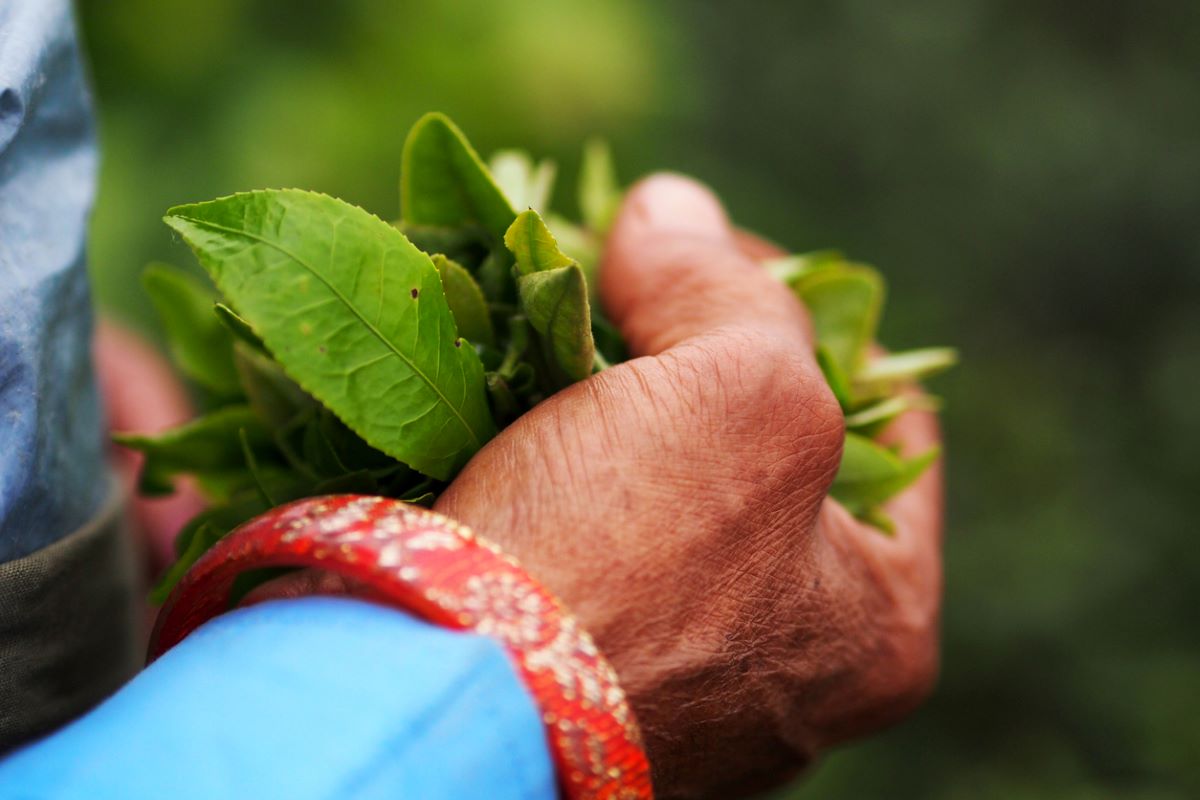Planters associated with the tea industry in north Bengal have been desperately knocking the door of authorities concerned, seeking action against the import of Nepal tea without import duties, something that has allegedly affected the business of Darjeeling tea over the past few years.
Notably, two planters’ bodies–Terai Indian Planters’ Association (TIPA) and then Darjeeling Tea Association (DTA)-have highlighted their reservations about Nepal tea and alerted both the Tea Board of India and the Chief Minister of West Bengal about taking action.
Advertisement
Now, Trinamul Congress leader from the Hills, Shanta Chhetri, who is also a member of the Rajya Sabha, has recently written to the union minister of commerce and industry, Piyush Goyal, about Nepal tea and how it has been affecting the Darjeeling tea industry.
Significantly, Ms Chhetri says in her letter that the Consultative Committee of Plantation Associations (CCPA) had written to the state labour minister on 16 July, complaining of rampant violation of several circulars and directives issued by competent authorities concerned after importing tea from Nepal, which it said was destroying the domestic tea industry, particularly Darjeeling tea, and putting into jeopardy the lives and livelihood of a large section of workers and their family members.
Based on the Food Safety Standard (Packaging and Labelling) Regulation 2011 and in order to restrict the distribution of substandard imported tea in India and to ensure any imported tea are not passed off as tea of Indian origin, the Rajya Sabha MP mentions some circulars and directives issued by the Licencing Authority of the Tea Board of India.
In her letter to Mr Goyal, Ms Chhetri also says that the director of Darjeeling-based Ringtong Tea had lodged a specific complaint with the Tea Board against Tata Consumer Products Limited (TCPL) for blending and packing tea originating in Nepal with Indian tea and selling them in India under the brand name Tata Gold.
Ms Chhetri has appealed to Mr Goyal to “correct those irregularities” and claimed that most cheap tea being imported from Nepal do not meet food safety standards under the various FSSAI (Food Safety and Standards Authority of India) regulations. She also mentions that as the Nepal government imposes a 40 per cent import duty on Indian tea, but the Government of India does not charge import duty on teas coming from Nepal.
The Terai Indian Planters’ Association (TIPA) had recently written to Chief Minister Mamata Banerjee, informing her of the problems facing the tea industry in North Bengal and how the import and export policy on tea between India and Nepal had affected the industry. TIPA Chairman Mahendra Prasd Bansal had shot the letter to the CM on 19 August.
Also, Darjeeling Tea Association (DTA) has also urged Miss Banerjee to “save” the Darjeeling tea industry by “permanently banning” the import of tea from Nepal. DTA Chairman BK Saria has written to Miss Banerjee, stating that Darjeeling Tea had been facing a severe financial crisis and that tea imported from Nepal was another cause of concern in the industry here.











